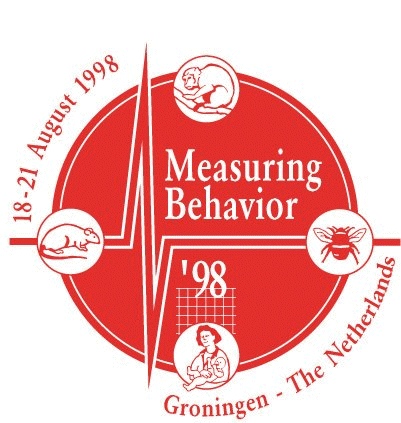Affective/motivational aspects in adult/child assessment interactions
M.K. van der Heijden
Children's Learning Lab, Amsterdam and Department of Special Education, Faculty of Social and Behavioural Sciences, University of Leiden, The Netherlands
In dynamic assessment Vygotsky's idea of the zone of proximal development is worked out by giving intellective help in order to assess learning potential. This idea is now widely accepted in research into intellective factors. We transposed this basic idea to non-intellective factors. We have developed affective/motivational helping (or prompting) procedures that enable the diagnostician to give affective/motivational support to the child whenever the diagnostician observes that non-intellective factors are affecting test performance negatively. The affective/motivational helping procedures consist of: (1) Introduction of tests, explaining increasing difficulty, explaining stopwatch, positive reaction on questions and actions of students; (2) Non taskspecific instruction and questioning: Please work quietly!; Look well before you start!; Think first!; You have plenty of time!; Please start!; Did you think well?; Did you look well?; Are you sure?; etc.; (3) Praising and giving general feed back: Good!; You are doing well!; You did do a lot already!; etc.; (4) Mirroring emotions, verbal elucidation of disruptive behavior and emotions; attribution of succes on competence and effort; attribution of failure on task difficulty and chance. This affective/motivational help was only given in the experimental condition when observation (circumscribed criteria) of the student showed: (I) Lack of concentration, (II) Impulsivity, (III) Passivity, and (IV) Fear of failure.
An experimental study on the effect of affective/motivational helping is presented. Participants in the study are 30 students (mean age 10 years) with complex learning problems of the Pedological Institute Leiden. A two group crossover design with random assignment was used. All 90 sessions were videotaped and computer-scored from video with The Observer (Noldus). The inter-observer agreement is sufficient.
Anova-analysis reveals a significant effect of affective/motivational helping on non-verbal analogical reasoning scores of 9 to 12 IQE points. Secondly a significant effect is found on the degree of systematic approach (systematic planning) with a block design task. In the third place 62% of students experienced that they worked more at ease with the diagnostician who did give affective/motivational help. In the fourth place we demonstrated significantly more verbal and nonverbal expression of emotions of the child in the assessment sessions where the affective/motivational help was given. These results are in line with ideas of Vygotsky, Piaget, Wechsler and others, who are of the opinion that affective/motivational factors go into intellectual functioning. The fact that children express more of their emotions in the helping condition is in line with theories about expression of emotions as a way of stress-reduction [1]. Stress-reduction results in higher thinking achievements [2].
Future studies are planned in the Children's Learning Lab about adult/child interactions during assessment and learning in which emotions are measured by behavior observation in combination with on-line registration of psychophysiological indicators of emotions.

Poster presented at Measuring Behavior '98, 2nd International Conference on Methods and Techniques in Behavioral Research, 18-21 August 1998, Groningen, The Netherlands